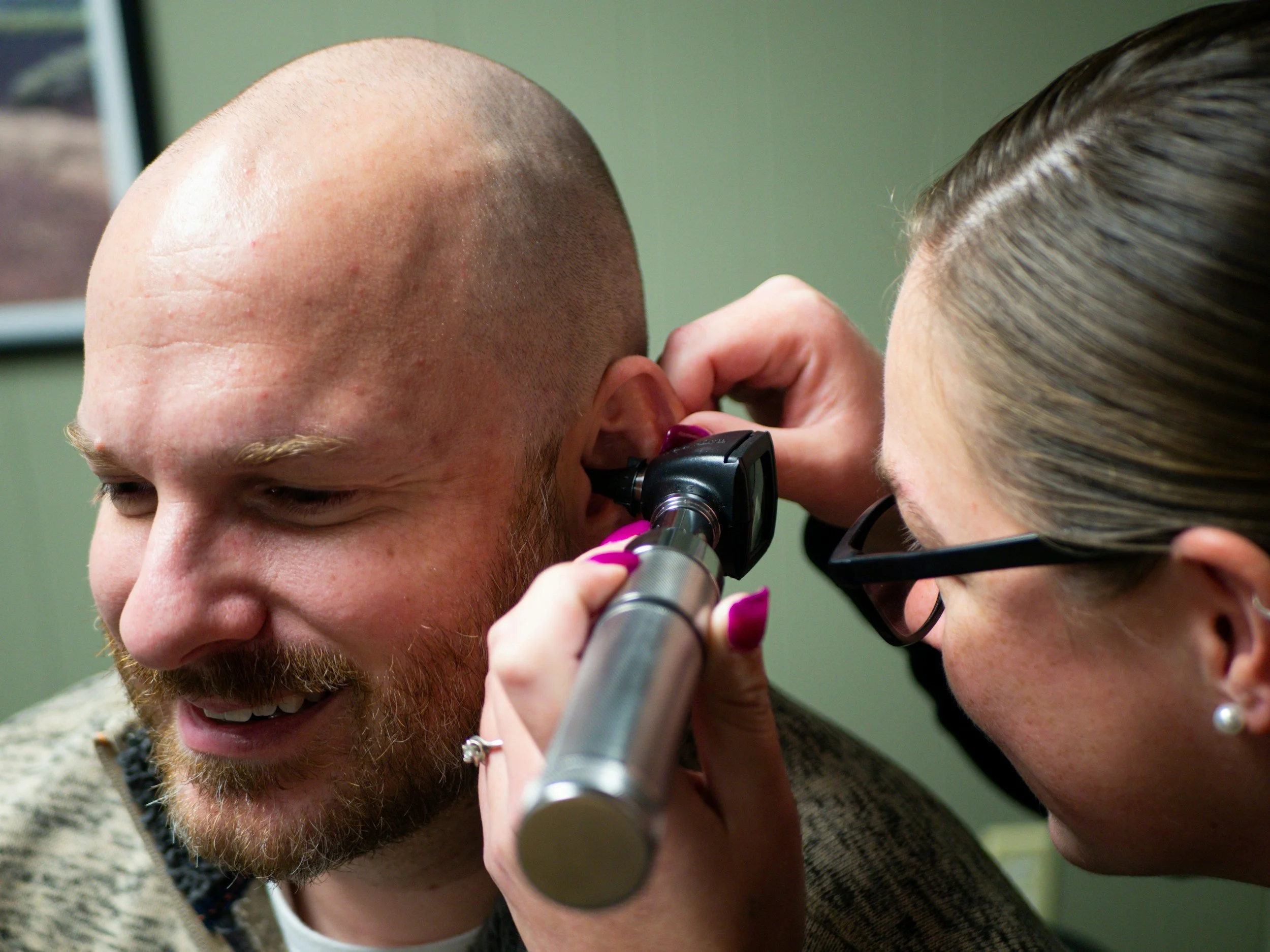Men’s Health Screenings After 35: What to Get Checked and Why It Matters
As a man in your late 30s or early 40s, you're likely focused on staying strong, fit, and energized.
But no matter how consistent you are with your workouts or how clean you eat, one thing you can’t afford to ignore is what’s going on under the surface: your health markers.
Most guys wait until something feels off before getting bloodwork or screenings. By then, it’s often too late to fix with lifestyle alone.
That’s why routine health screenings are a must if you want to keep training hard and living fully into your 40s, 50s, and beyond.
Here’s a breakdown of the essential health screenings every man over 35 should have on their radar – plus why they matter for performance, fat loss, energy, and longevity.
Annual Physical Exam
Start with a comprehensive yearly check-up with your primary care provider. This gives you a baseline of your overall health and helps catch issues early. Your doctor will usually check:
● Blood pressure
● Heart rate
● Weight and BMI
● Lifestyle risk factors (smoking, alcohol, stress, etc.)
● Family history updates
It may seem basic, but this is your foundation. From there, you can dive deeper into specific screenings.
Blood Work: The Non-Negotiables
Routine labs are essential for identifying issues with hormones, metabolism, inflammation, and organ function. Ask for the following key tests:
1. Lipid Panel (Cholesterol Test):
Checks HDL, LDL, total cholesterol, and triglycerides. High LDL and triglycerides are linked to heart disease, especially when paired with high visceral fat or insulin resistance.
2. Fasting Glucose & HbA1c:
These measure your blood sugar levels and long-term glucose control. Even slightly elevated levels can point to insulin resistance, a major issue for fat loss and long-term health.
3. Complete Blood Count (CBC):
Screens for anemia, infection, immune health, and overall blood cell function.
4. Comprehensive Metabolic Panel (CMP):
Covers kidney and liver function, electrolytes, and blood proteins. Crucial for anyone training consistently or on a supplement stack.
5. Testosterone (Total and Free):
Low testosterone can affect energy, fat storage, mood, libido, and your ability to build muscle. Many men over 35 experience a slow decline and don’t realize it.
6. Vitamin D:
Deficiency is common and affects immunity, bone health, and testosterone. Low levels are also linked to fatigue and mood swings.
7. C-Reactive Protein (CRP):
A marker of inflammation. Chronically high CRP levels are associated with a higher risk of cardiovascular disease and metabolic dysfunction.
Specialized Screenings
Depending on your family history, lifestyle, and symptoms, your doctor may recommend:
Colon cancer screening:
Typically starts at age 45, but earlier if you have a family history. Newer stool-based tests make it less invasive than traditional colonoscopies.
Prostate health screening:
Your doctor may check PSA (Prostate-Specific Antigen) levels, especially if you have symptoms or family risk factors.
Thyroid panel (TSH, T3, T4):
Important if you’re experiencing unexplained weight gain, fatigue, or difficulty regulating temperature.
Sleep apnea assessment:
If you snore, wake up groggy, or feel drained during the day, sleep apnea could be interfering with recovery, fat loss, and hormone health.
How Often Should You Get Screened?
● Basic labs (lipids, glucose, liver, kidney, testosterone): once a year
● Advanced labs (CRP, Vitamin D, thyroid): every 1 to 2 years or as needed
● Cancer screenings: based on age and risk factors
● Check-ups with your doctor: annually
If you're tracking performance, fat loss, or energy, and something feels off despite doing everything "right," updated labs are the best place to start.
Final Thoughts
Being proactive about your health isn’t a weakness; it’s wisdom. As a man over 35, your mission is not just to look strong, but to be strong inside and out.
That means staying on top of your labs, understanding your numbers, and making changes when needed.
You train hard and eat clean. Back it up by keeping an eye on what’s happening under the hood.
Because strong men check their health, and strong dads stay in the game longer.


